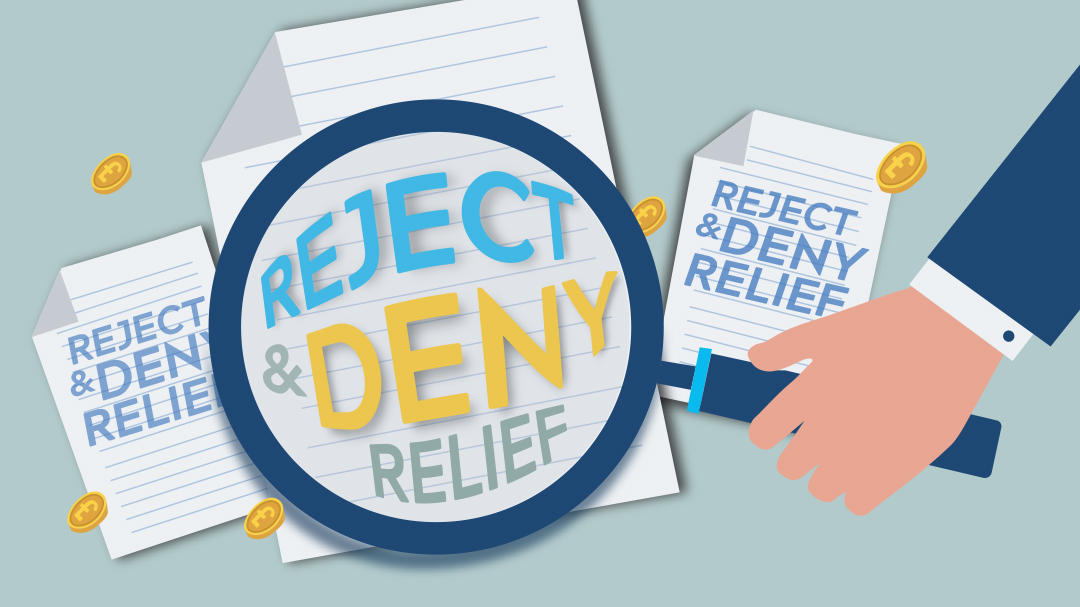Reject the claim and deny the tax relief. That is the unfortunate reality of many Research and Development (R&D) claims submitted to HM Revenue & Customs (HMRC) at the moment.
Not so long ago HMRC was happy to accept claims at face value, after some light touch cursory checks. However, as the R&D market grew with disreputable firms entering the market, many staffed with people without tax qualifications but keen to charge clients large fees for poor advice, HMRC launched a crackdown.
The new approach has seen a hard line adopted by HMRC, with claims subjected to far greater scrutiny and challenge by the R&D Tax Credits Compliance Team. Greater scrutiny would normally be welcomed, especially if it meant HMRC was able to filter out the bad claims and accept the worthy, valid claims instead. The reality is far different.
At Independent Tax, we have been inundated with referrals from new clients, frustrated by HMRC’s view regarding what constitutes a scientific or technological advance. This is particularly the case where an R&D project is ongoing, over numerous accounting periods, and where previous claims have been accepted. These clients are not only concerned about whether their claim will ultimately be accepted, but what impact any denial of the relief will have on their future business plans.
It would be so much easier to respond to HMRC, if members of their compliance team would agree to on-site meetings to see first hand the research being undertaken. They won’t. It would be nice if members of the compliance team would accept conference calls to discuss disputed claims. They won’t. This means written answers to HMRC’s questions are of crucial importance.
Needless to say, each case should be judged on its merits by HMRC, but in the event of a challenged claim, here are three useful tips for companies to adopt:
- Focus on what the R&D project set out to do, explaining what the starting point was, the hurdles encountered and how they were overcome, and then the ultimate scientific or technological advance.
- Explain the advance in simple English, supported by evidence such as test reports and visual elements, such as pictures, sketches and videos, remembering the HMRC compliance team member will not visit you and is unlikely to accept the claim without understanding the project journey.
- Constantly draw reference to the R&D guidelines to show how the project meets the criteria for a valid claim.
This is the type of work we at Independent Tax do day in day out. Strong by your side and strong in your defence.
If you have an ongoing R&D dispute and could do with some sensible and practical advice, then give us a call on 0800 001 6686 or email us at info@independent-tax.co.uk
